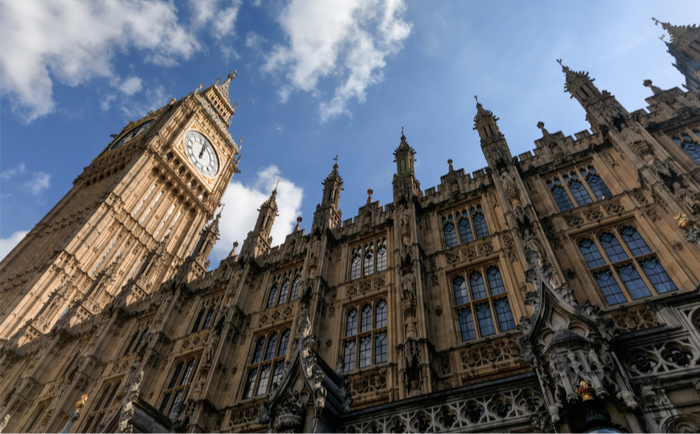More pressure is on the way for companies over climate risk reporting. The Investment Association (IA), a professional body for for asset managers, has sent a warning that its members want to see companies explain the impact climate change will have on their business models.
It is the latest in a string of demands that corporates need to up their game when it comes to disclosing how global warming will impact business operations and their future prospects.
The IA in a particular wants to see how companies are measuring the risks—a problematic area for many—and explanations of how they are being managed. “This will provide evidence of how well companies are responding to climate change, and whether they are adapting their strategy to ensure long-term viability of their businesses,” the IA says.
For Andrew Ninian, a major concern is the prospect of climate change removing a hefty portion of value from companies if they fall short of making the right changes.
“With one third of the FTSE owned by IA members, our industry is looking to the UK’s largest listed companies to demonstrate that climate change is being taken seriously in boardrooms. Climate change could result in a significant loss of value in companies if risks are not effectively measured and managed, ultimately hitting savers’ pockets,” he said.
“Companies need to be looking at the impact of climate change on their business, products and strategy and set out to investors how they are responding to these risks.”
Investor expectations
Companies have received a string of warnings that climate change must factor into their company reporting.
Last month the Financial Reporting Council, the UK’s corporate reporting watchdog, said it would launch a review of climate disclosures among UK companies.
Sir Jon Thompson, the FRC’s chief executive, indicated the review was in part due to investor expectations. He also warned that auditors should be testing statements made about climate change.
“Not only do boards of UK companies have a responsibility to report their impact on the environment and the risks of climate change to their business, but investors expect them to operate sustainably,” said Sir Jon.
The FRC has also received formal complaints about the state of climate reporting in some companies. ClientEarth, a group of campaigning lawyers, has accused regulators of being “asleep at the wheel” for failing to enforce climate reporting.
Daniel Wiseman, a ClientEarth lawyer, said: “The FRC’s review will focus on climate disclosure—but while this is vital, it is no longer good enough on its own.
“We need urgent attention on what companies are actually doing in the real world and whether it squares with global climate imperatives.”
Mandatory reporting
However, the UK government has indicated that climate reporting via guidelines issued by the Task Force on Climate-related Financial Disclosures (TCFD), a body of the G20, will become mandatory.
Indeed, recent amendments to legislation going through Parliament indicates that pensions funds may be the first corporate bodies to face mandatory TCFD reporting.
In the past, the TCFD, including Bank of England governor Mark Carney, a founder of the TCFD project, has complained that take-up of the reporting guidelines is patchy. It has expressed particular concern about progress on scenario reporting.
Writing for Board Agenda, Richard Howitt, a former chief executive of the International Integrated Reporting Council, said the that recent reviews “underlined how existing TCFD reporting is still falling short of being decision-useful”.
He added that investors, not just regulators, “are themselves now rewarding and penalising companies on how far they are genuinely integrating climate risk”.
The European Commission recently announced a review of its Non-Financial Reporting Directive could well include full integration of TCFD reporting guidelines.
Companies have been warned: corporate reporting is being transformed. Best not to be late to the party.





